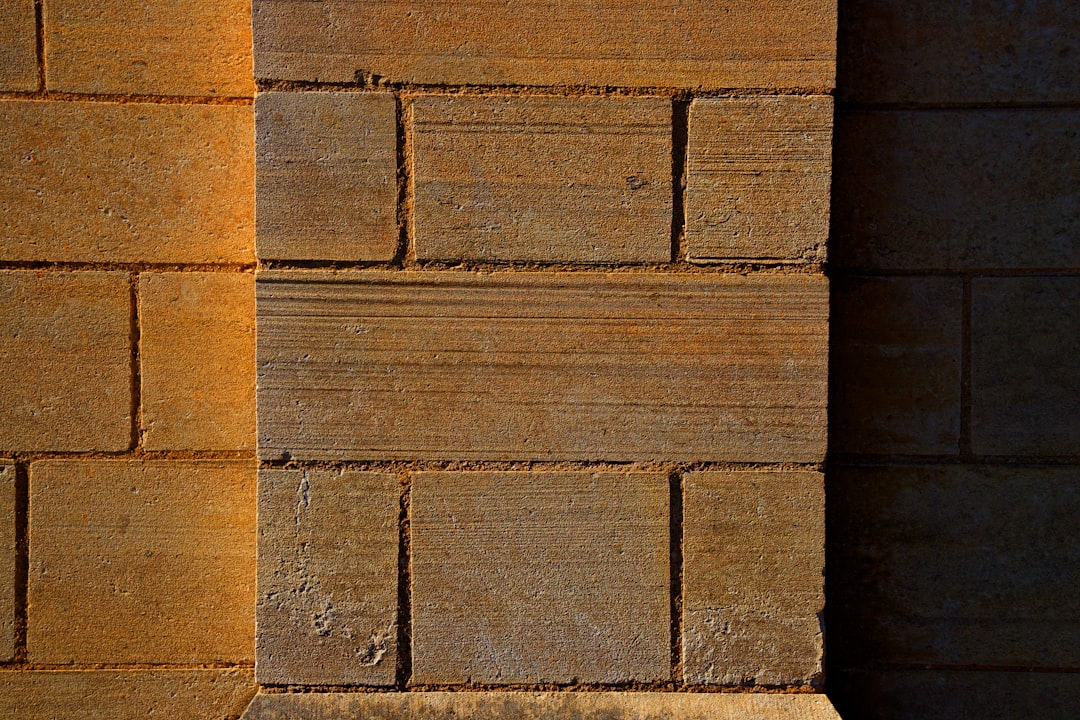What is it about?
ABSTRACT: The Stone (limestone) and Marble (trade name) Industry (SMI) is one of the most important and active industries in Palestine, as being economically and financially rewarding and greatly beneficial to the public and private sectors. This industry, which employs about 15,000–20,000 workers, contributes 20–25% to the total industrial revenues of Palestine, and 4.5% to the total gross national product. Despite its benefits, SMI has adverse effects on public health, the environment, biodiversity, water systems (both surface and underground), green cover, and ecosystems in general, as it is considered one of the most air- water-, soil-, and noise-polluting sources. To achieve the purpose of this research paper, available data and literature are analyzed, evaluated, and used, in order to provide a comprehensive understanding of the status of SMI, in light of sustainable development. This relates to various perspectives, including limestone geology, geopolitics, socioeconomics, culture, technology, legislation, as well as climate change, acid rain, and harmful effects of the SMI scale on public health and safety, environmental well-being, and challenges facing the industry. Two field studies, carried out in northern and southern West Bank, dealing with particulate matter (PM1, PM2.5, PM7, PM10, and TSP) and environmental pollution, were analyzed, and their results were compared with each other, as well as with the World Health Organization’s (WHO) guidelines. It is found that both West Bank’s areas are heavily polluted, resulting in considerable adverse impacts on public health, the environment, and green cover. Based on the findings of this paper, it is recommended that SMI should properly adhere to WHO guidelines and international standards to make the industry safer and more durable and sustainable, with fewer negative impacts on public health, the environment, and green cover. KEYWORDS: Stone (Limestone) and Marble (Trade Name) Industry. Socioeconomics, culture, and heritage. Geology. Air, water, soil, and noise pollution. Public health and environmental impacts. Sustainable industry, regulations, and law. Challenges and improvements. Palestine. FOR CITATION: Salem, H.S. 2021. Evaluation of the stone and marble industry in Palestine: Environmental, geological, health, socio-economic, cultural, and legal perspectives, in view of sustainable development. Environmental Science and Pollution Research (Springer, Germany). DOI: 10.1007/s11356-021-12526-4. https://link.springer.com/article/10.1007/s11356-021-12526-4 and https://www.researchgate.net/publication/340846344_Evaluation_of_the_Stone_and_Marble_Industry_in_Palestine_Environmental_Geological_Health_Socio-Economic_Cultural_and_Legal_Perspectives_in_View_of_Sustainable_Development
Featured Image

Photo by Chris LeBoutillier on Unsplash
Why is it important?
This paper is extremely important, because it is the first of its kind that presents the importance of the Stone and Marble Industry (SMI) in Palestine, financially and economically, and also because it investigates various aspects related to the industry, in view of sustainable development. The paper investigates, analyzes, and discusses the SMI, with respect to its impacts on public health and the environment, and workers' safety, as well as on socioeconomics. The paper also investigates the geological, cultural, heritage, and legal dimensions of the industry, and it presents concrete results, conclusions, and recommendations. Most importantly, the industry urgently needs to be restructured, monitored, and adjusted.
Perspectives
Though mining and quarrying industries are considered a backbone for many countries around the world, these industries can also have destructive impacts on public health, the environment, and ecological systems. They have direct impacts on the countryside, in particular, as a result of the high pollution levels caused by them, and as a result of the great amounts of waste generated by them, and because of leaving on site pits and heaps of waste’s material. The excavation and extraction processes of rocks, minerals, and metals can heavily cause air, water (surface and underground), soil, and noise pollution; can cause habitat’s destruction and loss of biodiversity; and can badly affect the food chain, which are all reflected negatively on humans’ health and well-being of the environment and ecosystems. The Stone and Marble Industry (SMI) in Palestine, that should correctly be called Limestone Industry (LSI), is generally not in a good shape, though it brings large revenues to the coffers of the Palestinian Government and the private sector involved in it, especially it nurtures the Palestinian economy very well, in terms of production, employment, and ex-port’s capability. This is due to the fact that SMI lacks good regulations and law enforcement, resulting in negative impacts on public health and the environment. SMI is one of the most poorly planned and badly regulated productive sectors in Palestine. Rock quarries, stone-cutting plants, and crushers spread randomly, from north to south across the West Bank. This random, nonharmonic, nonsystematic, and uncontrolled distribution of the rock-quarrying sites and stone-cutting facilities has, very badly, affected the arable land, the landscape, the environment, and residential areas; caused hazardous repercussions on public health and the environment; and depleted natural resources, particularly the quarried rock (limestone) and water, and damaged biodiversity .
Prof. Dr. Hilmi S. Salem
Read the Original
This page is a summary of: Evaluation of the Stone and Marble Industry in Palestine: environmental, geological, health, socioeconomic, cultural, and legal perspectives, in view of sustainable development, Environmental Science and Pollution Research, February 2021, Springer Science + Business Media,
DOI: 10.1007/s11356-021-12526-4.
You can read the full text:
Contributors
The following have contributed to this page










